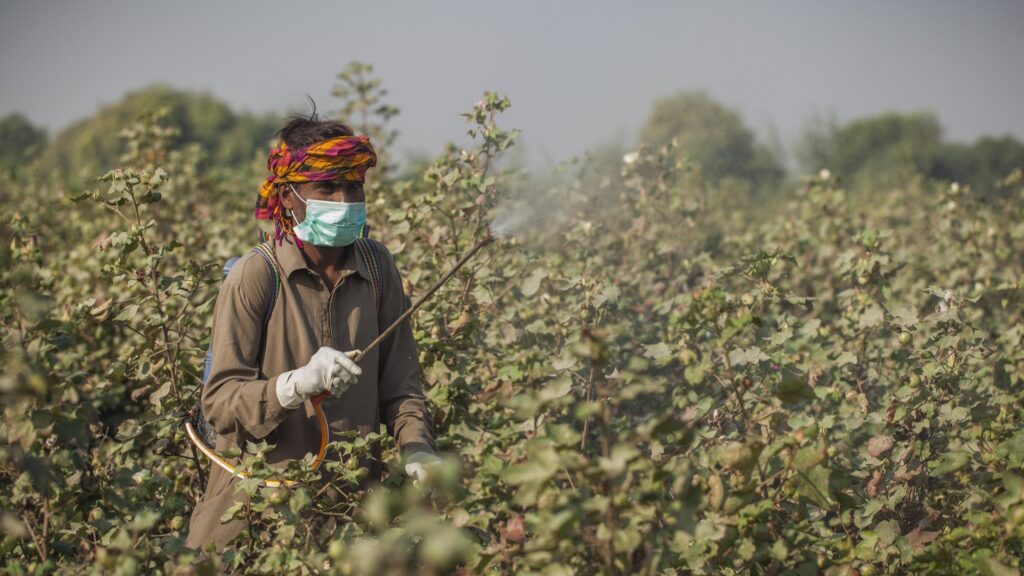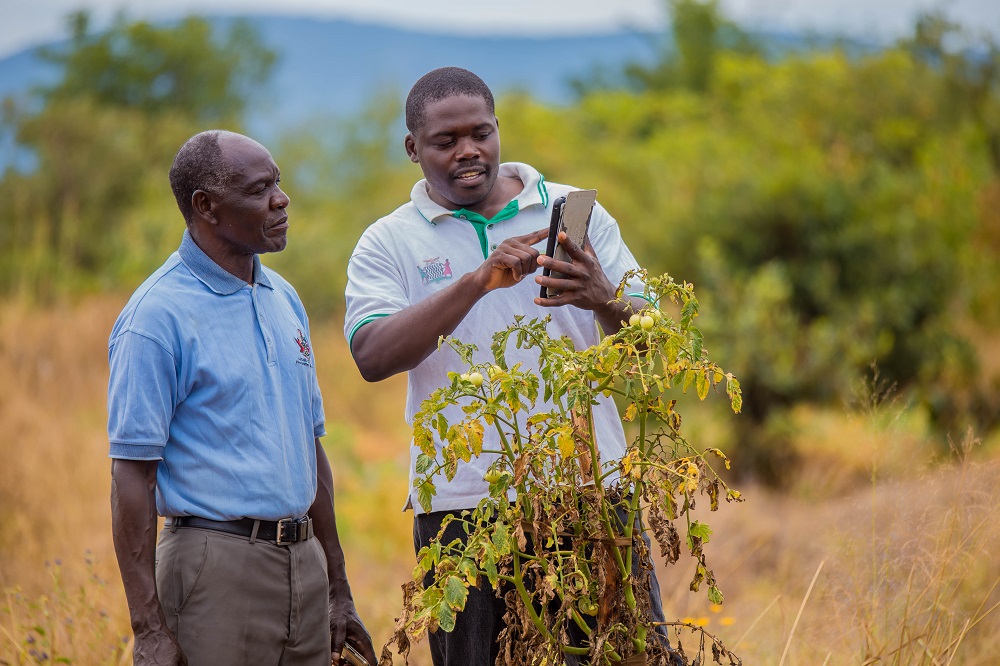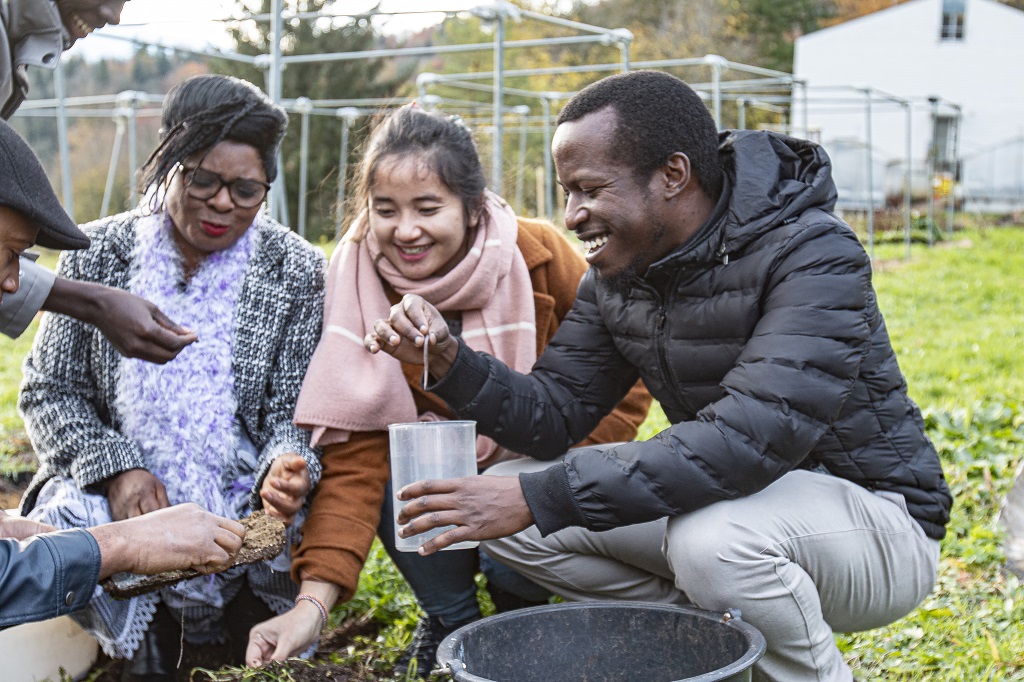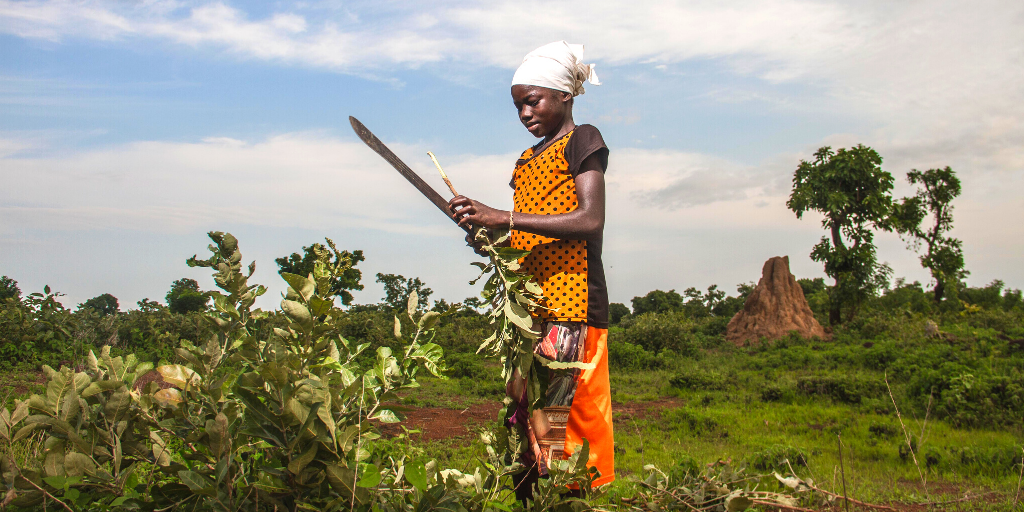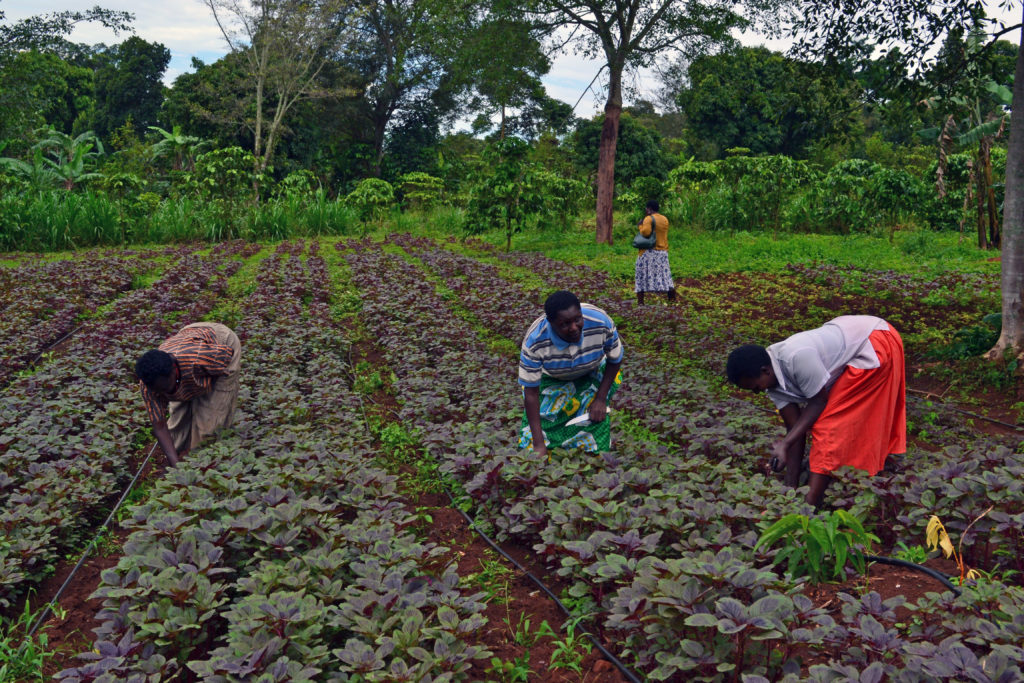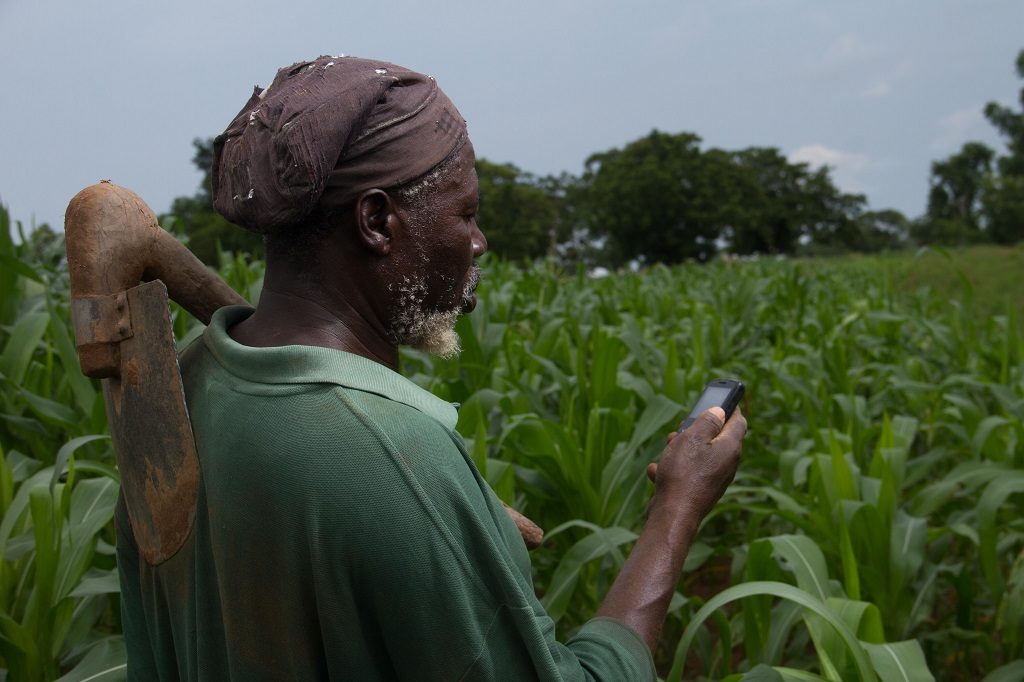Helping communities adapt to the impacts of climate change
To mark Earth Day on 22nd April, we’ve highlighted three of our stories on agriculture and climate change from the past year. The world is witnessing growing incidents of the new “normal” caused by global warming. No longer regarded as a future challenge to be faced in the next few decades, climate disruption is…
“Through the gender lens, invisible women farmers can finally be seen”
In support of SDG5: Gender Equality, CABI ensures that a gender lens is applied in all of our work. CABI’s goal is to create opportunities for women in agriculture by investing in inclusive economic growth. Our work encourages more food production and trade, while considering how women can share the benefits of growth. This year…
CABI Blog Most Read 2020
As 2020 draws to a close, we have crunched the numbers and compiled the top 20 most read articles on the CABI Blog this year. Plus a few firm favourites. Articles by CABI Books authors proved popular this year, as well as CABI’s work in Pakistan. Unsurprisingly, COVID-19 and related topics were popular reads this…
Summer studentship for young scientists announced by Global Burden of Crop Loss initiative
The Global Burden of Crop Loss initiative, announces a summer studentship programme providing young scientists with the opportunity to contribute to an exciting and important global effort to develop a global data-driven system to report losses to agricultural crops caused by pests and diseases.
When you picture a farmer, are they a woman?
CABI has today published a briefing, Empowering female farmers – Gender responsive programming, which is an overview of gender inequality in agriculture, its challenges and impacts, and how CABI is working to address these through its projects and implementation now and in the future.
CABI Blog Most Read 2019
As 2019 draws to a close, we have crunched the numbers and compiled the top 20 most read articles on the CABI Blog this year. Plus a few firm favourites. Articles by CABI Books authors proved popular this year, covering a wide range of topics from religious tourism, to science communications, and the visual system…
“Gender mainstreaming is important because both men and women have equal rights to have their voices heard”
CABI envisions a world in which women, youth, and marginalised communities are included and treated equally in agricultural production. In support of SDG5: Gender Equality, CABI is focused on empowering women in agriculture. As such, this year we welcomed a key new member of staff, Bethel Terefe, as CABI’s first Gender Coordinator. Bethel will be…
How African Indigenous Vegetables production in Uganda revealed empowered women but struggles in the private sector
African Indigenous Vegetables (AIVs) are a good source of essential vitamins and minerals including micro-nutrients, supplementary protein, fibre, and calories. However, despite their nutritional value, these vegetables have not been a high priority in food programmes. As a result, adequate resources have historically not been allocated to promote their production and consumption. This compounds the…
The Fertilizer Optimization Tool: maximising profit from fertiliser
By Duncan Sones. Originally published on Spore. A quiet revolution in fertiliser recommendations has led to the development of a phone app that could make a positive contribution to tackling Africa’s depleted soil and supporting the growing demand for food in a time of climate change. Duncan Sones, from the Centre for Agriculture and Bioscience International’s…

